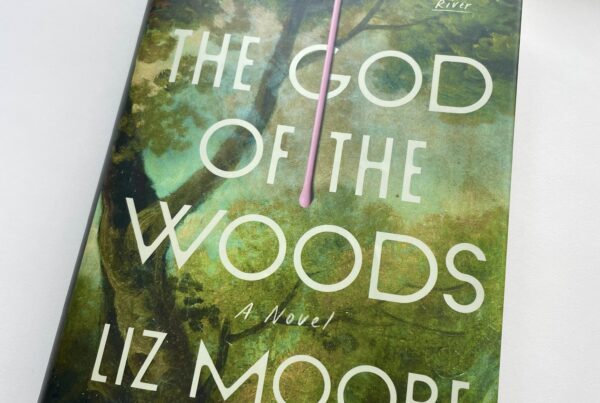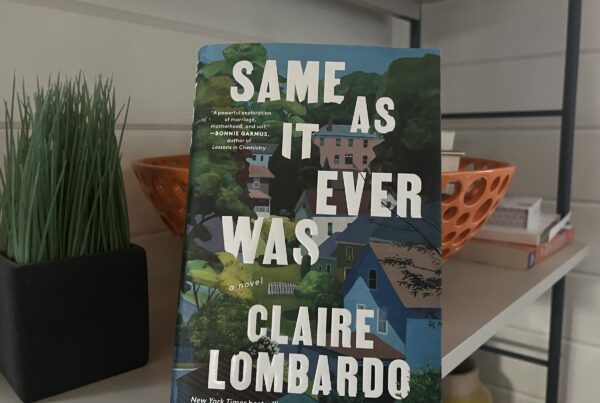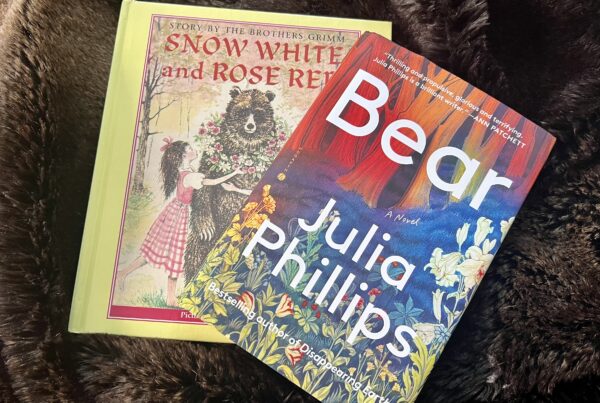a bookclique pick by Katrina Smith
There’s nothing more likely to make an English major’s heart flip flop than a novel with an important social message twisted delicately into gorgeous language that cannot help but compel. I felt that flip flop reading Arundhati Roy’s The God of Small Things, and I experienced that same feeling again now reading Akwaeke Emezi’s Freshwater. The parallels between the novels are in the raw and deep characterization that could only be detailed through a young person’s perspective.
Most reviews of Emezi’s novel discuss her daring choice of narrative, a frank portrayal of mental illness and a young woman’s attempts to understand her identity and culture within the context of her own illness. The New York Times aptly points out that “all these things are most often seen as the struggles of young, wealthy, white American women. This novel expands the universe of mental illness to include women of color and other ethnicities.”
I too am grateful that Emezi made these bold plot and character choices, for reminding us with her subject matter that our empathy and thoughtfulness often extends only to those we consider like us. But, ultimately, I am that English major who was mostly drawn in by the language. It was the “yam tendrils crawl[ing] up their supporting sticks, the silk of corn drying up as it ripened, the swelling and patched yellowing of the mangoes as they fell.” It was Ada’s different selves narrating together, justifying, questioning their role in Ada’s life: “She was a question wrapped up in breath: How do you survive when they place a god inside your body? We said before that it was like shoving a sun into a bag of skin, so it should be no surprise that her skin would split or her mind would break.”
Every chapter is a different style, a different version of Ada whose voice provides a new insight into her character. Every chapter is poetic, mesmerizing, sincere and heart wrenching. I can’t wait to reread it.




